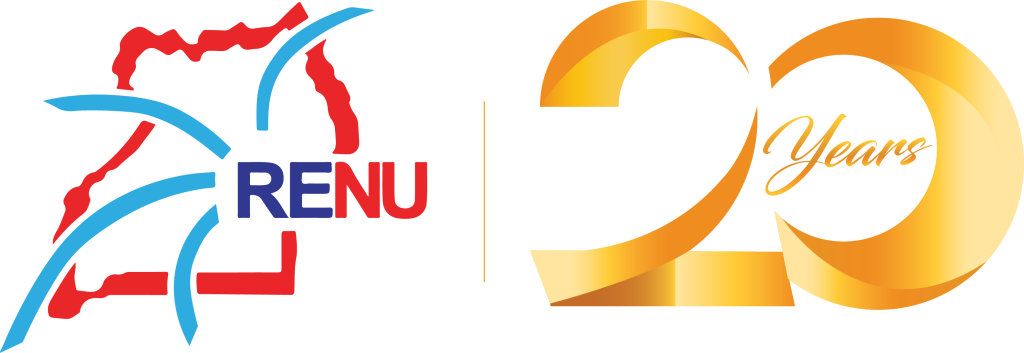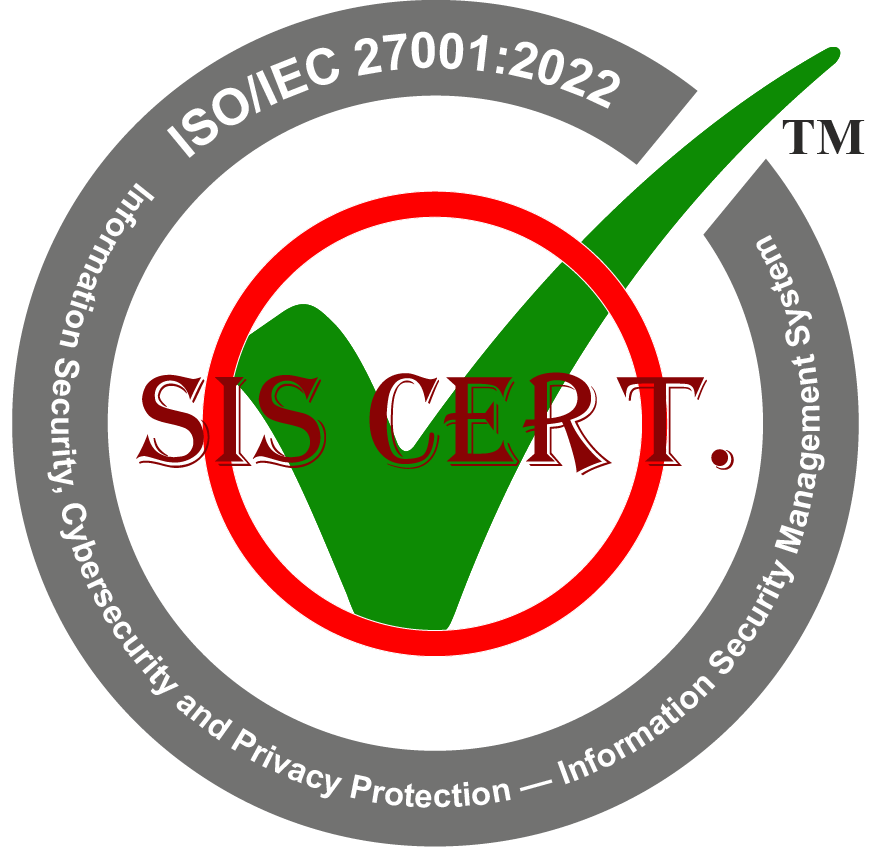The Research and Education Network for Uganda (RENU) is pleased to provide free access to premium journals to Ugandan researchers. The free access to premium journals in Uganda marks a significant step towards expanding access to global academic and professional digital resources. Through this initiative, students, researchers, faculty, and librarians will now have access to a vast collection of high-quality scientific literature, journals, e-books, and databases that support research, teaching, and innovation worldwide.

Researchers from RENU member institutions will have free access through the RENU Identity Federation service (RIF), which authenticates users via their institutional login credentials. This means that students, lecturers, researchers, and librarians will enjoy free, seamless access both on and off-campus, provided their institution is part of RIF.
This initiative is being introduced in partnership with the UbuntuNet Alliance, which focuses on providing federated access to institutions across Africa, and Research4Life, a global public–private partnership that provides affordable access to peer-reviewed academic and professional content for institutions in low and middle-income countries. Through this partnership, Uganda joins the expanding network of countries promoting open science and fair research access via trusted digital identities and secure authentication.
Since its inception, the initiative has expanded to support over 11,500 institutions across more than 125 countries and territories, providing access to over 41,000 journals and millions of publications, books, and databases from leading publishers worldwide.
In Uganda, RENU member institutions will have free access to five programmes under Research4Life.
- Hinari, managed by the World Health Organisation (WHO), which provides access to a wide range of biomedical and health literature.
- AGORA, coordinated by the Food and Agriculture Organisation (FAO), which gives access to resources on agriculture, food, nutrition, and related sciences.
- OARE, managed by the United Nations Environment Programme (UNEP), which focuses on environmental science, including ecology, climate, and geography.
- ARDI, coordinated by the World Intellectual Property Organisation (WIPO), which provides access to scientific and technical literature for development and innovation.
- GOALI, managed by the International Labour Organisation (ILO), which offers access to legal research and resources on global justice.
By facilitating free access to premium journals in Uganda, RENU is directly contributing to several United Nations Sustainable Development Goals (SDGs), as explained below.
SDG 4 – Quality Education
By providing students, lecturers, and researchers with free access to academic journals and databases, the service enhances the quality of teaching, learning, and research in Uganda.
SDG 9 – Industry, Innovation and Infrastructure
Access to current scientific and technical literature via ARDI promotes innovation, supports research-focused industries, and enhances digital infrastructure for knowledge exchange.
SDG 10 – Reduced Inequalities
The service bridges the knowledge gap between high-income and low and middle-income countries by providing affordable or free access to the same high-quality research resources.
SDG 16 – Peace, Justice and Strong Institutions
Through the GOALI programme, Research4Life enhances access to legal research and resources on justice and governance, supporting stronger institutions.
SDG 17 – Partnerships for the Goals
Research4Life is a global partnership involving UN agencies, publishers, universities, and Research and Education Networks (RENs) such as RENU and UbuntuNet Alliance. RENU has also been working with the Consortium of Uganda University Libraries (CUUL) to increase access to digital resources. This supports fostering inclusive global and local collaborations aimed at achieving development goals.
By providing secure and reliable access to critical academic resources, Research4Life directly addresses the needs of students, researchers, and librarians in Uganda who have long encountered barriers to accessing quality resources.



